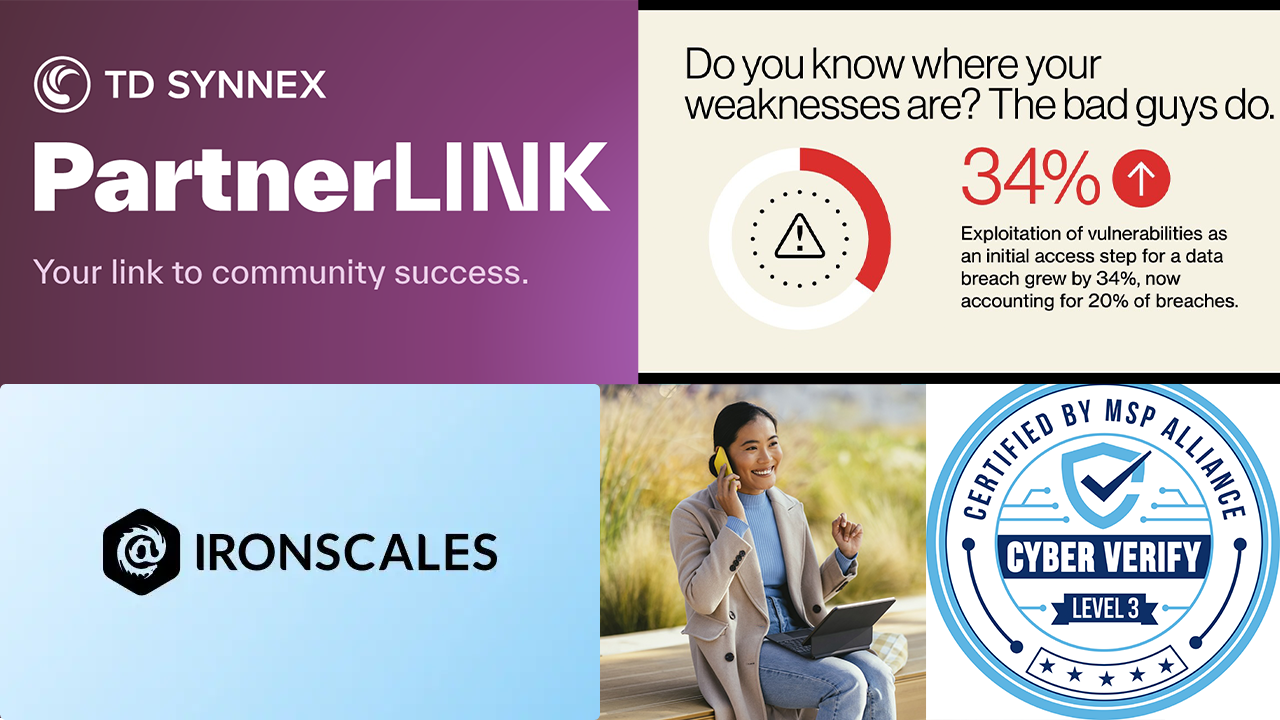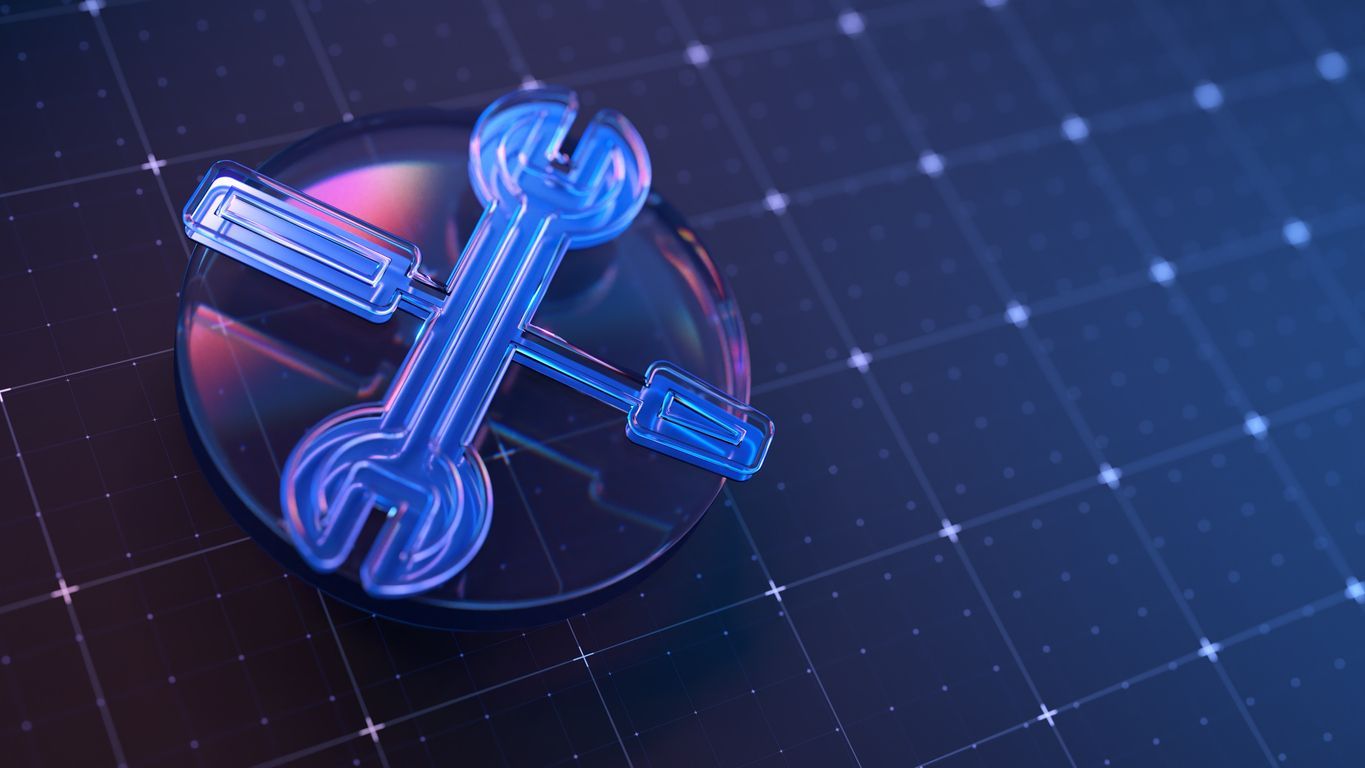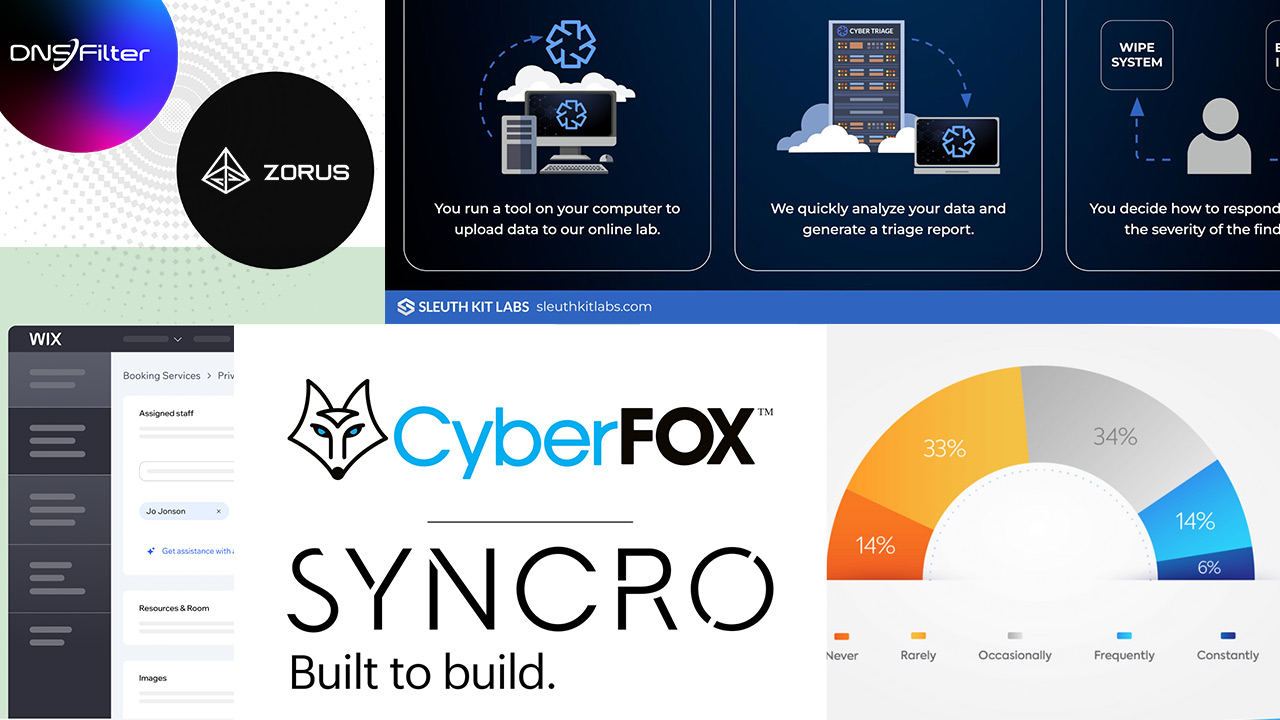BackupAssist, a provider of automated Windows server backup and recovery software for small and medium businesses, has added CryptoSafeGuard, a new ransomware protection feature, to its BackupAssist product, which provides backup and recovery protection for Microsoft Windows-based servers.
Linus Chang, founder and CEO of the company, which has offices in Boston and Melbourne, Australia, says CryptoSafeGuard provides “a wall” between backups and crypto-based ransomware.
Chang says CryptoSafeGuard protects data with a two-pronged approach. The first is a proactive shield that utilizes a Windows device driver sitting on the backup server to look for unauthorized processes and stop them from corrupting backups. “It’s very effective at keeping out crypto-ransomware,” Chang says.
The second prong is defense. CryptoSafeGuard watches for the effects of ransomware activities in source files under backup protection, and alerts the administrator via SMS and email upon detection of crypto-corrupted files. It then blocks future backup jobs from running, thus preserving the last-known good backup.
Under development for nearly a year, CryptoSafeGuard is designed to complement existing anti-malware solutions by adding an extra layer of detection at the data level, while also providing extra shielding around backups.†
Organizations are increasingly learning that crypto-based ransomware can infect backups too, a problem BackupAssist dubs “infection magnification.” For example, if primary storage on a network gets corrupted, distributed storage can become corrupted as well via cloud sync and replication. If those corrupted files get synched to backups and archives, replacing legitimate versions of files, all backups may become useless.
Chang says BackupAssist is “in a perfect position” to act on this problem, because it already scans a file system for changes to back up. “As part of that processing we can do a few things to detect the aftermath of an infection,” he says. This includes scanning for changes in file and directory structures, mangled filenames, malformed files, and mathematical properties of infected files.
The primary difference between anti-virus/anti-malware solutions and CryptoSafeGuard is that the new BackAssist feature focuses on the data versus the threat, Chang explains.
A Channel Opportunity
Founded in 2002, BackupAssist has three market channels: distributors, resellers (perpetual and MSP), and end users. The company says it is channel partner focused, with growth and expansion coming from the channel.
Troy Vertigan, vice president of sales and marketing, says BackupAssist is “priced to appeal to the SMB.” And with the rollout of CryptoSafeGuard, channel partners “now have a huge opportunity because backup is not a one-off purchase.” Resellers can start a conversation with new customers, or restart the conversation with existing customers, he says, “and build out extra margin at the same time. MSPs can bundle [BackupAssist] with other services they offer, and charge margin on top of that.”
BackupAssist started beta testing CryptoSafeGuard with customers in late June, Chang says, and will make it generally available to customers who subscribe to its BackupCare service on September 1. “In our 10 months of development we were looking at the market to see if anyone was doing something similar. This is definitely a differentiator for us,” Chang says.†
MSRP pricing for a perpetual license BackupAssist plus 24 months of CryptoSafeGuard is $449.00. MSP pricing for BackupAssist including CryptoSafeGuard starts at $15 per month.
Acronis GmbH and Datto Inc. are two of several BDR vendors that include anti-ransomware capabilities in their data protection products.
Images: BackupAssist












